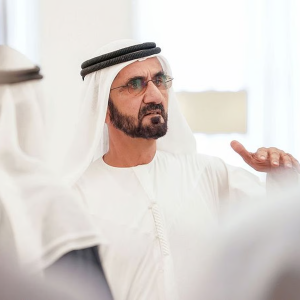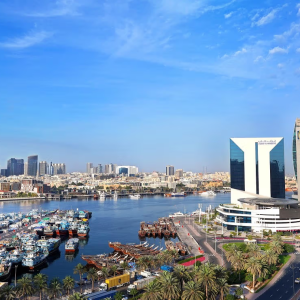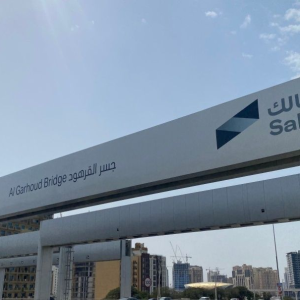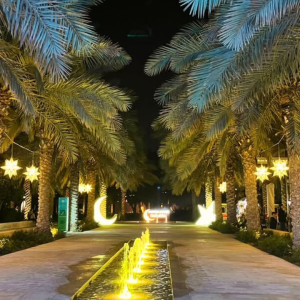In the shimmering city of Dubai, where towering skyscrapers meet ancient souks and the streets hum with supercars, conversations about technology often happen over coffee tables, shisha lounges, and beachside brunches. One topic that consistently makes its way into these discussions is the use of Virtual Private Networks, or VPNs. Many residents, both expats and locals, wonder: can anyone really get in trouble for using a VPN in Dubai?
To find out what life is truly like behind the screens of this modern Middle Eastern metropolis, we spoke to everyday residents about their relationship with VPNs, their concerns, and how they navigate the digital landscape in one of the world’s most dynamic cities.
Understanding VPNs in Dubai

Before diving into the personal stories, it’s important to understand what a VPN does. In simple terms, a VPN allows you to connect to the internet through a secure, encrypted tunnel to another server in a different location. It masks your real IP address and makes it seem as though you’re browsing from another country.
For most people around the world, this means increased privacy, access to geo-restricted content, and protection while using public Wi-Fi. But in Dubai — and across the UAE — the conversation is a little more complicated.

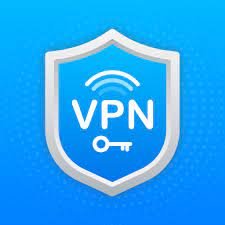
The Official Stance on VPNs
Technically speaking, VPNs themselves are not illegal in the UAE. Many businesses, financial institutions, and multinational corporations use them daily to secure company data and access international systems. The concern arises when VPNs are used to access services or websites that are restricted by the country’s regulations.
The UAE has strict cyber laws that prohibit accessing content or services deemed illegal, including some VoIP services, gambling websites, and certain media platforms. Using a VPN to bypass these restrictions can carry penalties, but how often is this enforced in everyday life? That’s where the personal stories come in.
What Residents Are Actually Saying
To get a clearer picture, we spoke with several Dubai residents — young professionals, entrepreneurs, digital nomads, and long-term expats — who shared their experiences, anonymously of course.
Aamer, 31, Digital Marketer from Pakistan
“I use a VPN to connect to some international streaming services and to access my bank’s website back home. Honestly, I’ve never faced any issue. Everyone knows VPNs exist here; it’s about how you use them. As long as you’re not accessing anything illegal, you’re fine. In fact, most people I know have one on their phone or laptop.”
Leila, 29, Social Media Manager from Lebanon
“I was super anxious about it when I first moved here. I kept hearing all these scary stories about people getting fined or arrested. But after living here for four years, I realized a lot of that is exaggerated. My company actually provides us with a VPN for secure work emails when we travel or work remotely. I use my personal one for Netflix or to video call my family. Just be responsible about it.”
Khalid, 40, Emirati Business Owner
“VPNs for work are normal. Every business uses them. It becomes a problem when people use it to go against the country’s laws. If someone’s using a VPN to access banned sites, that’s risky, and they should know better. The government isn’t targeting regular people watching their home country’s football matches or chatting with family abroad.”
Common Reasons for Using VPNs in Dubai
What became clear through these conversations is that VPN use in Dubai is often driven by simple, everyday reasons:
- Accessing international streaming platforms
- Making video calls through apps not supported locally
- Remote work for international companies
- Protecting personal data on public Wi-Fi
- Accessing home-country services like banks or government portals
While the official rules are clear about illegal usage, most residents see VPNs as essential digital tools for their global lifestyles.
The Grey Area of Enforcement
When it comes to enforcement, most people agreed that the authorities are primarily concerned about serious misuse — accessing illegal content, committing cybercrimes, or conducting prohibited financial transactions.
Casual VPN use for personal privacy or international media access doesn’t seem to attract attention. However, everyone acknowledged that technically, accessing restricted services remains against the law, with potential fines or legal consequences attached.

Amira, 34, HR Specialist from Egypt
“I think it’s like driving a little over the speed limit on Sheikh Zayed Road. Technically, you shouldn’t. But unless you’re doing something reckless or dangerous, no one’s pulling you over. That’s how it is with VPNs. Use it wisely.”
Digital Privacy in the UAE
Another aspect that came up in these conversations was the importance of digital privacy. Dubai’s residents are well-aware that public networks, especially in airports, malls, and hotels, can be vulnerable to hacking. VPNs offer an added layer of protection, and for many, this is the primary reason for having one.
Hassan, 27, Freelance App Developer from India
“I always use a VPN when I work at coffee shops or airports. It’s not about hiding anything illegal — it’s about protecting my work and passwords. Cybercrime is a global issue, and you’ve got to be smart.”
Navigating the Digital World in Dubai
Living in Dubai comes with its own set of digital etiquettes. Most residents emphasize understanding the country’s laws and respecting cultural norms. It’s a place where modern luxury meets traditional values, and technology is no exception.
Residents advised newcomers to familiarize themselves with local regulations, use technology responsibly, and avoid drawing unnecessary attention to questionable online activities. While the city offers incredible opportunities, it’s essential to navigate its digital world mindfully.

Tips from Residents for Newcomers
- Know the Rules
Understand what’s allowed and what isn’t. Stay informed about the UAE’s cyber laws. - Use VPNs Responsibly
Stick to legal activities — streaming your favorite show or calling your family abroad is fine, but avoid restricted services. - Prioritize Digital Security
Especially on public Wi-Fi, use a VPN for added protection against potential cyber threats. - Respect Local Norms
Dubai is diverse, but it’s also conservative in certain areas. Keep your online habits respectful and discreet.
The Future of VPN Use in Dubai
As Dubai continues to position itself as a global tech hub, the conversation around VPNs is likely to evolve. With more remote workers, digital entrepreneurs, and global citizens calling this city home, the demand for secure, private, and unrestricted internet access is only growing.
Some residents expressed hope that the government might ease certain restrictions in the future, especially around VoIP services, to accommodate the city’s increasingly international community.
Karim, 36, E-Commerce Entrepreneur from Jordan
“I genuinely believe that in a few years, a lot of these restrictions will soften. Dubai is a city of innovation — it adapts quickly. Until then, we all know how to work around it safely and respectfully.”
Final Thoughts
So, can anyone get in trouble for using a VPN in Dubai? The answer lies in how you use it. While the laws are firm about illegal activities, everyday use for privacy, security, and international access is an accepted part of life for many residents. The key is responsibility.
Dubai remains one of the world’s most connected, cosmopolitan cities, where traditions meet technology in fascinating ways. As long as you’re respectful of the laws and mindful of your digital footprint, VPNs are just another tool for thriving in this vibrant metropolis.
For those considering a move or new job in Dubai, or those already living here and feeling a little anxious about their VPN use, the message from residents is simple: use it smartly, use it safely, and you’ll be just fine.
Do follow UAE Stories on Instagram





